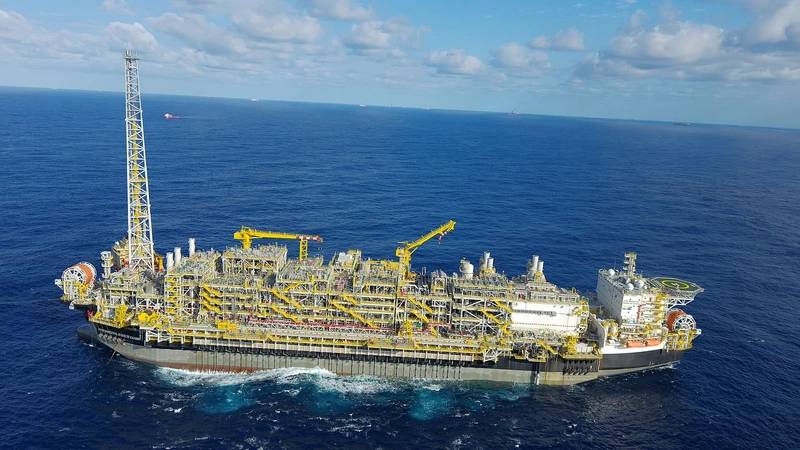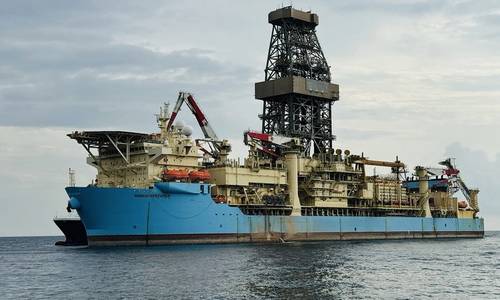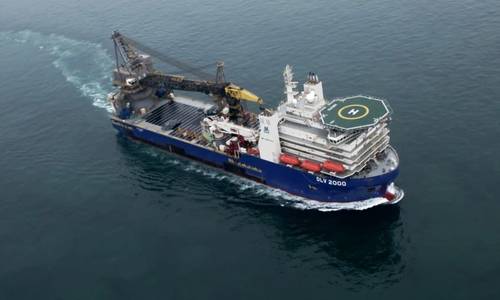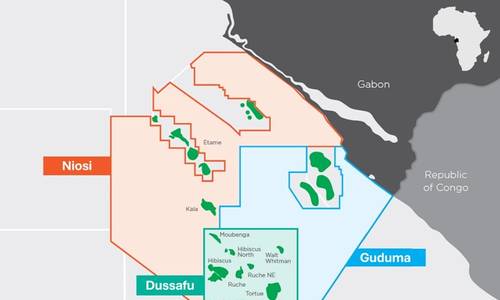Ultra-Deepwater FPSO Starts Oil Production Offshore Brazil
October 30, 2024

Petrobras has achieved first oil with the Floating Production Storage and Offloading (FPSO) unit Marechal Duque de Caxias, one of the largest ultra-deepwater FPSOs in the world, installed at the Mero field in Santos Basin, offshore Brazil.
The FPSO has the capacity to produce up to 180,000 barrels of oil per day and compress up to 12 million cubic meters of gas daily. It will increase Mero’s installed production capacity from 410,000 to 590,000 barrels of oil per day.
The unit is part of Mero’s fourth production system and was chartered from MISC. Altogether, there will be 15 wells – 8 producer wells and 7 water and gas injection wells – interconnected to the platform through an undersea infrastructure.
The FPSO Pioneiro de Libra and two definitive systems - FPSO Guanabara (Mero 1) and FPSO Sepetiba (Mero 2) - are already operating in the field.
It is the first FPSO in the world equipped to receive the High-Pressure Separation (HISEP) technology, a solution that separates CO2-rich gas from production streams and reinjects it back into the reservoir, reducing the intensity of greenhouse gas emissions.
The unit is also equipped with Water Alternating Gas (WAG) reinjection technology as well as stripping and reinjecting CO2 from fuel gas production, with a capacity to compress up to 48 mmscfd of CO2, further underscoring MISC’s commitment to sustainable practices.
Earlier this year, upon its completion, the FPSO made its way on February 24, 2024, from Yantai, China to the Mero field in the Santos Basin, approximately 180km from Rio de Janeiro, Brazil.
The operations of the unitized Mero field are conducted by the consortium members of the Libra Production Sharing Contract - operated by Petrobras (38.6%), in partnership with Shell Brasil (19.3%), TotalEnergies (19.3%), CNOOC (9.65%), CNPC (9.65%) and Pré-Sal Petróleo S.A (PPSA), which in addition to managing the contract, acts as the Federal Government's representative in the non-contracted area (3.5%).






